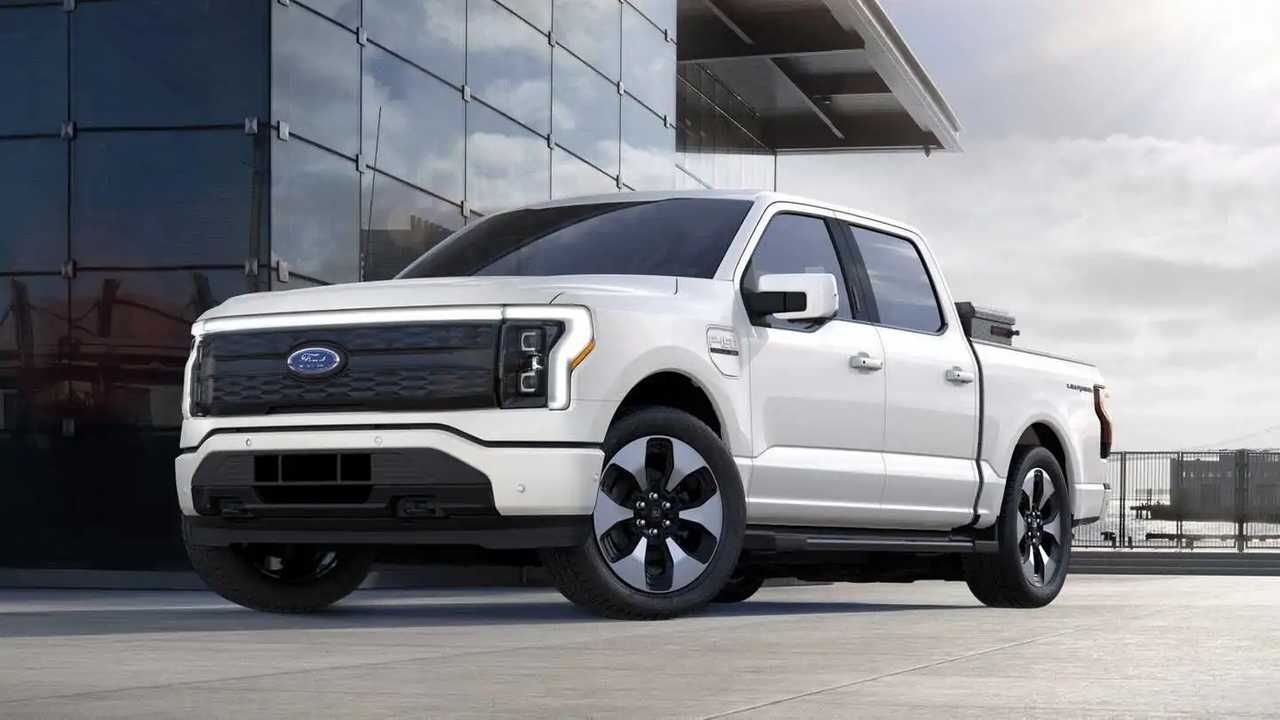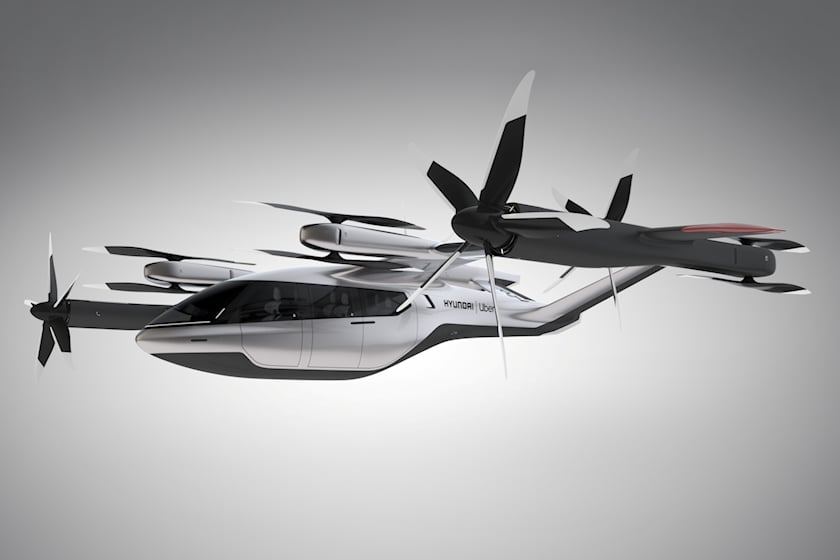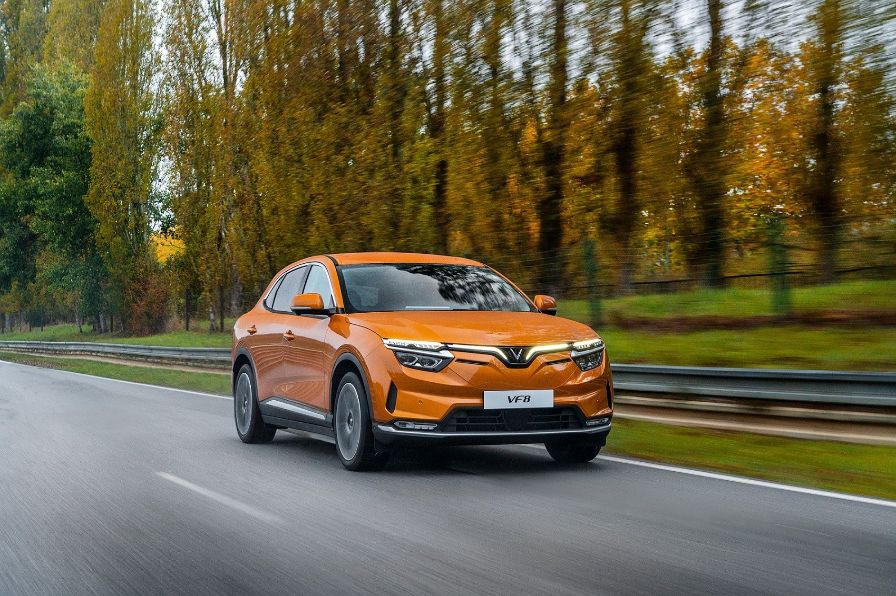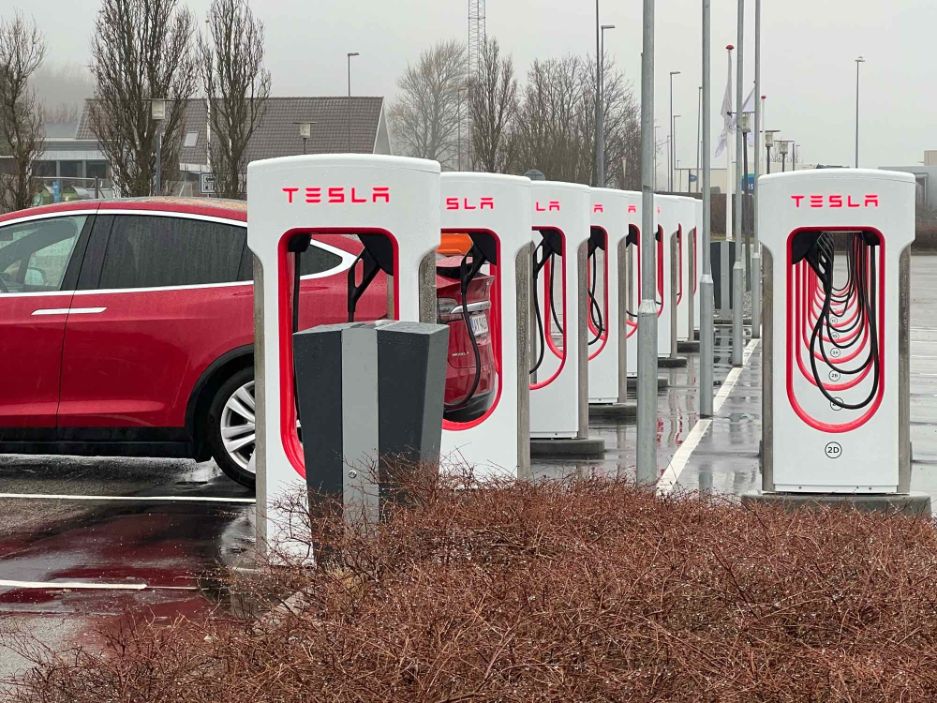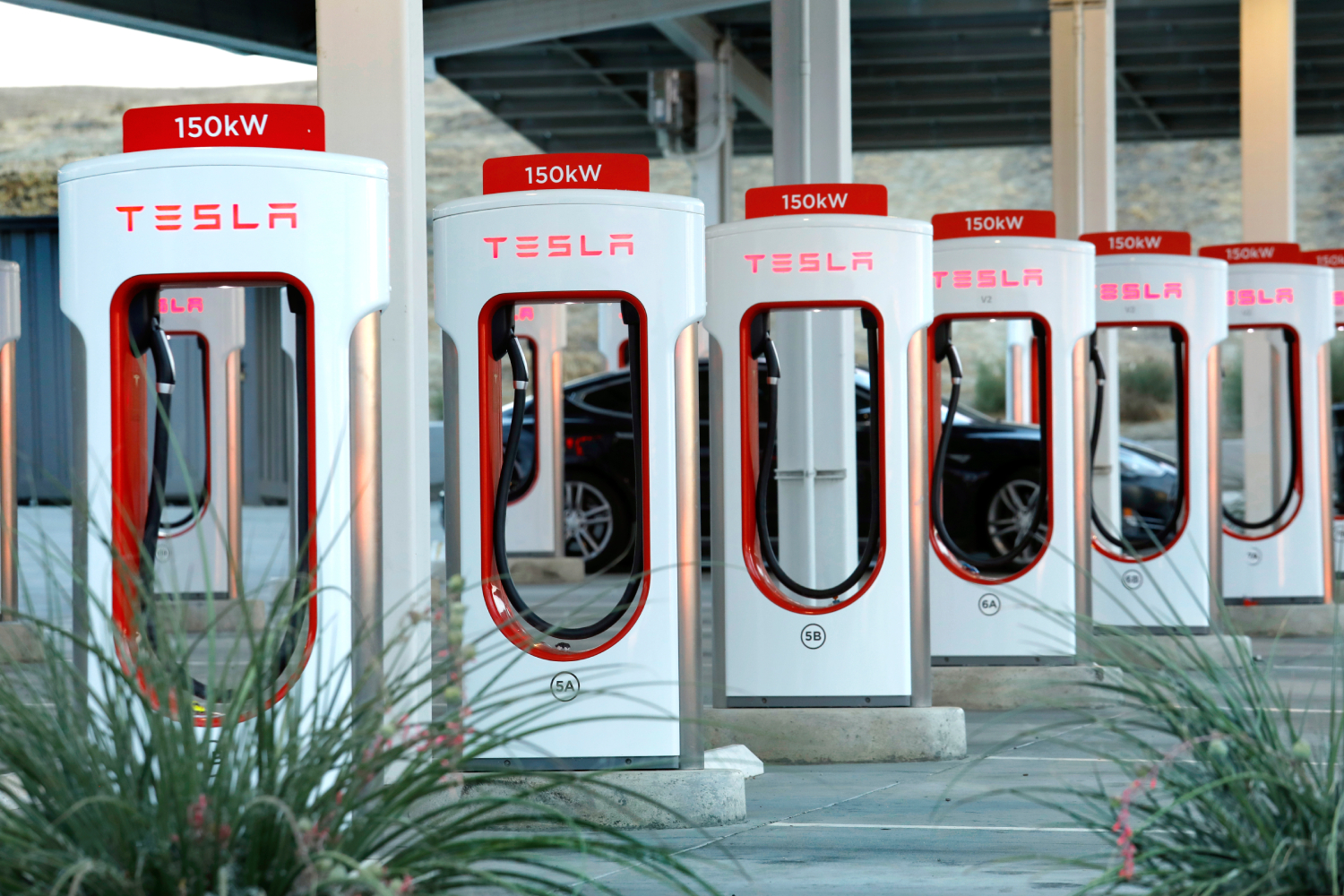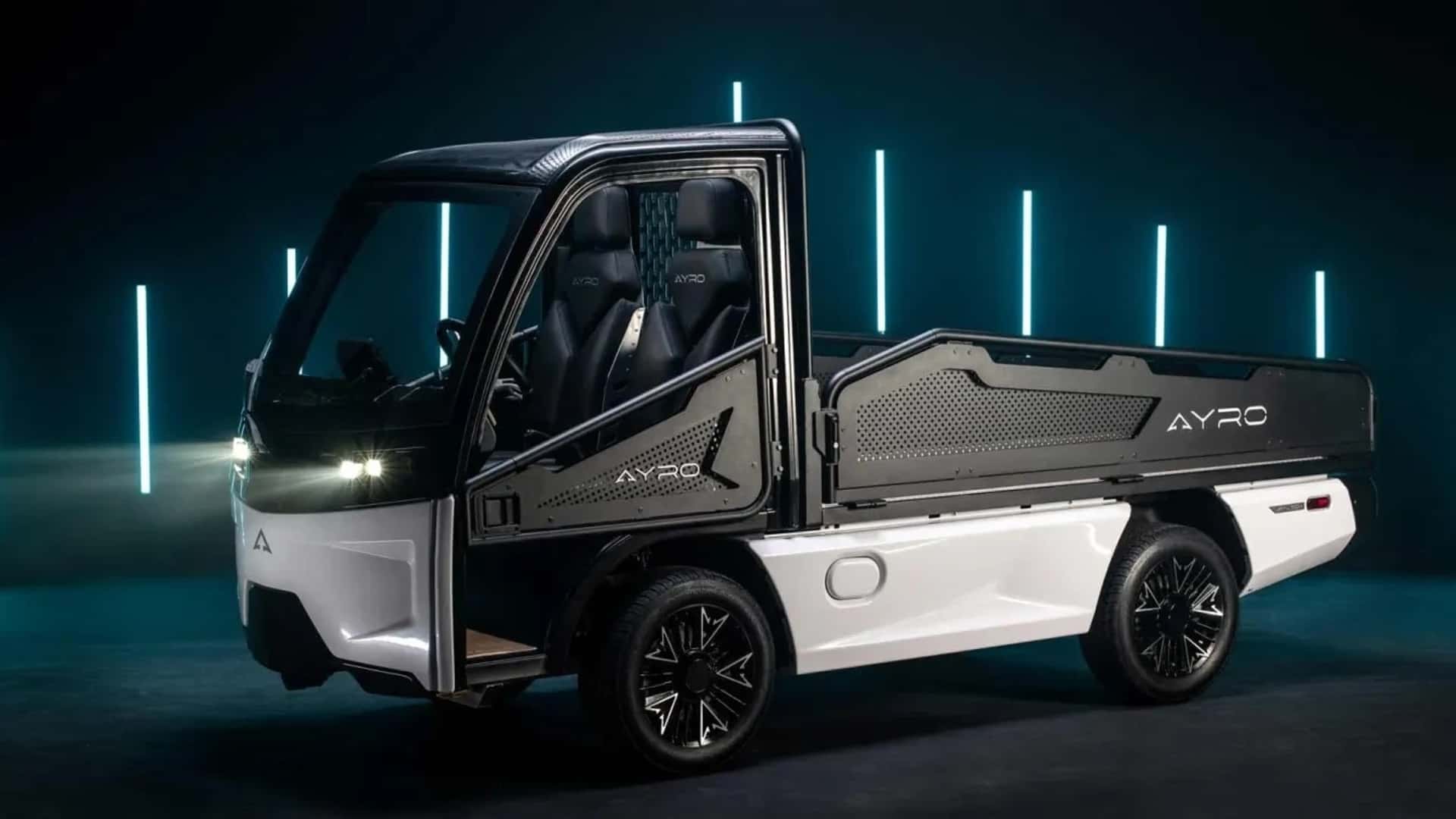In the realm of electric vehicles (EVs), a new kind of competition is emerging, but it’s not the anticipated “battery war.” Ford’s CEO, Jim Farley, recently expressed his reservations about the current fascination with mega battery packs and extended driving ranges. During Ford’s Capital Markets Day event, he revealed the company’s strategy of prioritizing cost savings by keeping battery packs as small as possible.
While Ford acknowledges the importance of competitive ranges, evidenced by their promise of a three-row electric SUV capable of traveling 350 miles, the company isn’t aiming to chase ranges exceeding 500 miles. Farley’s comments seemingly took a subtle dig at General Motors, a company that produces one of the market’s largest, heaviest, and least efficient EVs.
Farley remarked, “All I hear is all these announcements of a 450-mile range, a 500-mile range… these batteries are huge; if you have those kinds of batteries, you will not make money.” His statement likely alluded to General Motors’ upcoming electric Escalade IQ, which is anticipated to have a large battery similar to the GMC Hummer EV’s massive 205-kWh battery.
Another example of an EV with a substantial battery is the Ram 1500 REV, boasting a 229-kWh battery and targeting a range of over 500 miles. Farley expressed his perplexity at the prevailing obsession with battery size, emphasizing that focusing on battery size alone fails to address the more important question: what size battery is necessary for a competitive range?
Ford’s approach for their next generation of EVs revolves around weight reduction, streamlined production processes, and optimized aerodynamics. By adopting these measures, Ford aims to incorporate smaller batteries and keep costs in check.
Reducing costs is a paramount objective for Ford, as their EV division is still a few years away from attaining profitability, despite the positive response to models like the F-150 Lightning and Mustang Mach-E.
Given the challenges associated with heavier EVs carrying larger batteries, it is understandable why Ford’s CEO advocates for a focus on efficiency. While customers certainly appreciate extended driving ranges, an increased emphasis on efficiency appears to be a more prudent and forward-thinking move.
See also: Ford and Tesla Shares Surge as Partnership Expands Access to Charging Stations
When Ford’s forthcoming three-row electric SUV arrives in 2025, it is expected to possess a battery capacity of approximately 100 kWh. Interestingly, this capacity is similar to the available 99.8-kWh battery that will be offered in the Kia EV9, another three-row electric SUV.
As the EV market evolves, Ford’s strategic emphasis on efficiency and cost-effectiveness positions them as a noteworthy player. While the allure of large battery packs and extended ranges persists, Ford’s approach aims to strike a balance between customer expectations and the financial viability of EV production. Time will tell if their strategy proves successful in the rapidly evolving landscape of electric mobility.

